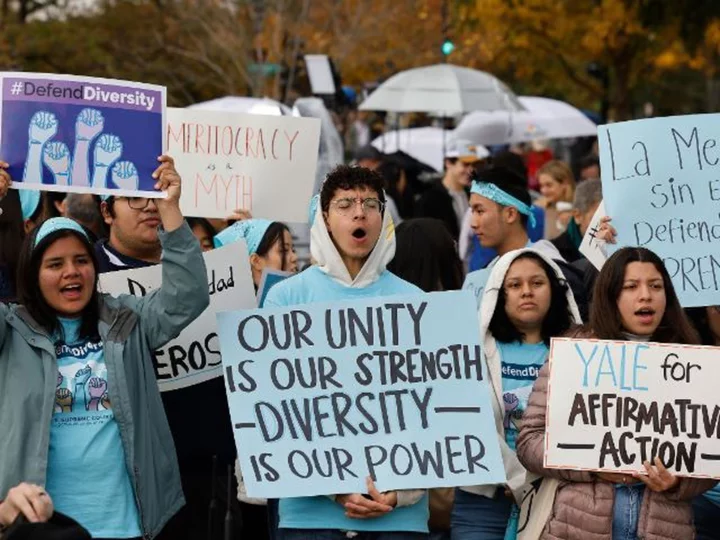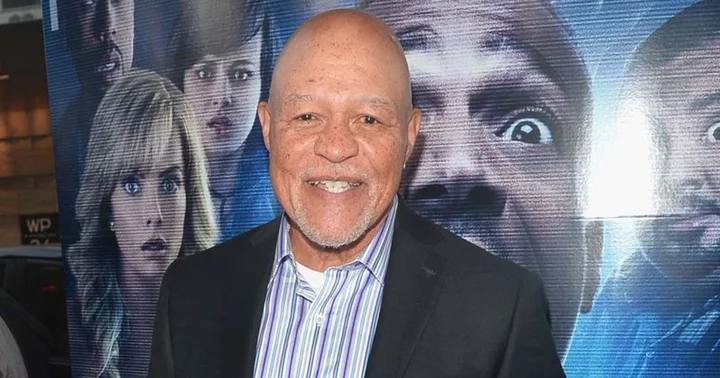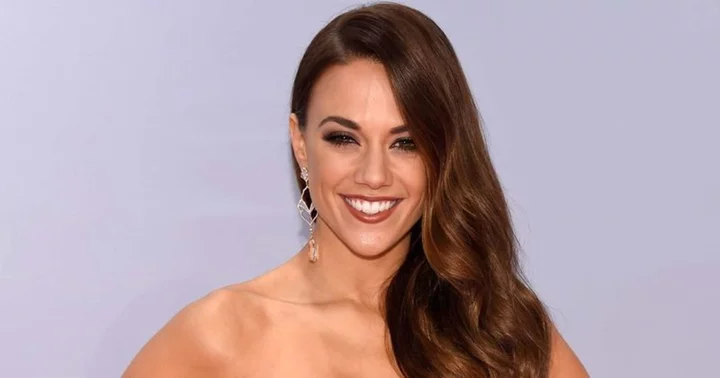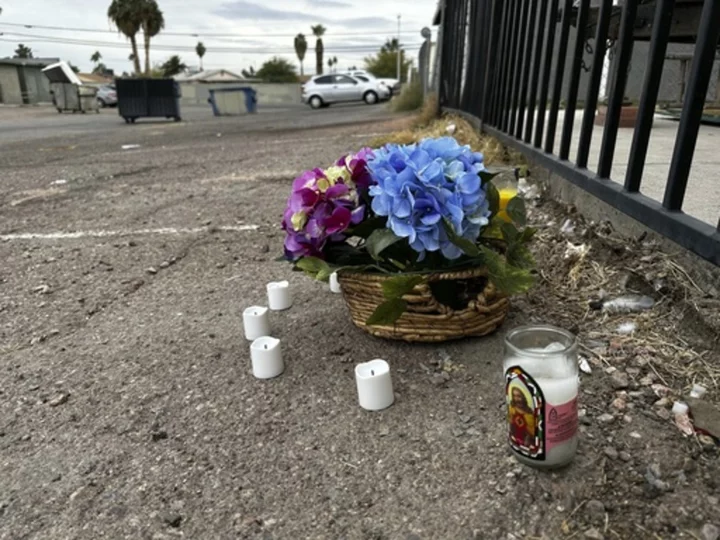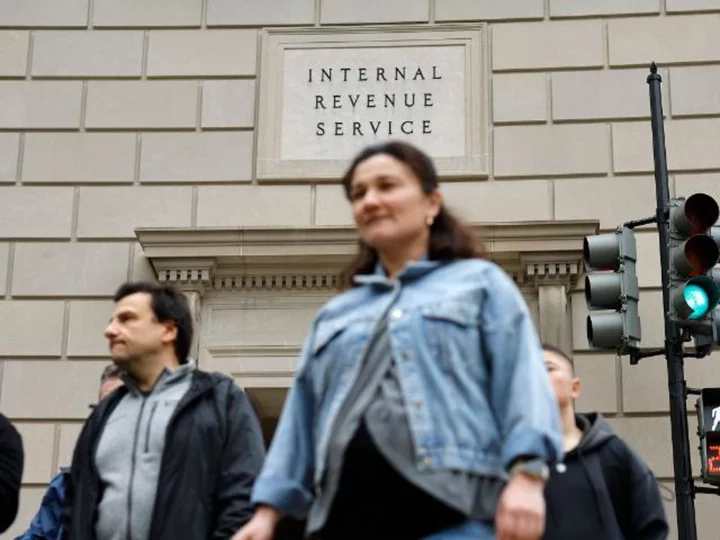Colleges will soon have the option to hide students' race and ethnicity information on applications submitted through Common App, according to the organization.
The move comes as the Supreme Court is poised to say that colleges and universities can no longer take race into consideration in admissions programs, a decision that will likely overturn decades-old precedent and could diminish the number of African American and Hispanic students in higher education.
"Right now, we are focused on supporting our member colleges and universities with any changes that may need to happen as a result of the Supreme Court decision," Jenny Rickard, president and chief executive officer of Common App, said in a statement. "While we do not know what the Supreme Court will decide, we have no plans to remove the optional race and ethnicity questions that are currently on the application."
Although students applying through Common App will still be able to answer questions pertaining to race and ethnicity, colleges can choose to hide that information starting on August 1, according to the statement. Currently, universities are able to hide information about an applicant's test scores, birthday, gender, and social security number.
Common App's questions about race and ethnicity are optional for students to respond to.
Every year, more than one million students use Common App as a tool to efficiently apply to several colleges, the organization says. Over 1,000 colleges and universities across 20 countries are available through Common App, according to the organization.
"We will continue to work with our member colleges and universities once the Supreme Court announces its decision to ensure they have the flexibility they need to comply with the law and can continue to bring in diverse classes," Rickard said in the statement.
The Supreme Court, which has a conservative majority, heard oral arguments last fall in two cases involving Harvard University and the University of North Carolina that challenge whether colleges and universities can continue to consider race as a factor in admissions decisions.
During a session in October, Justices Amy Coney Barrett and Samuel Alito and Chief Justice John Roberts repeatedly pushed lawyers for the schools about their efforts to build a class without taking race directly into consideration. Barrett pursued a line of questioning suggesting that instead of "checking a box," an applicant could use an essay to demonstrate unique personal characteristics.

